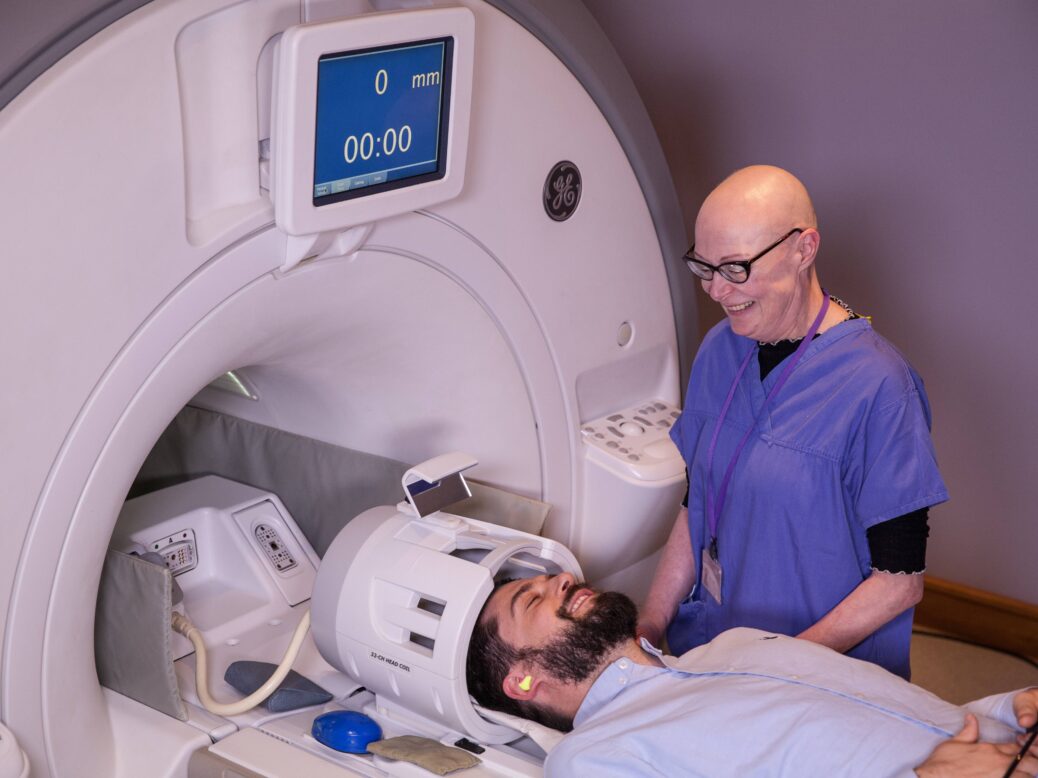
Charity has always begun at home, but today we rely more heavily than ever on old cardigans and jackets to play their part in funding scientific discovery, hopefully leading to medical breakthroughs.
In 2019, charities in the UK funded £1.9bn in research and development. That was the equivalent of the combined efforts of the Medical Research Council and the National Institute for Health and Care Research.
Epilepsy affects 626,000 people in the UK. That is 1 in 100 people. One third of them – 200,000 – live with uncontrolled seizures as their epilepsy fails to respond to current treatment options. Yet just 0.3 per cent of government funding for medical research is invested in epilepsy.
But the number of old skirts that we can dig out and cakes that we can bake is finite. It is time to think big, think bold and embrace the entrepreneurial spirit that forms the backbone of charity.
I never envisaged the day I would consider building on green belt land. As for many of us, the countryside is in my DNA. It is where the concrete stops and the woodpecker begins. But this is a far cry from the reality of a deepening housing shortage, people living with chronic conditions and a green belt that increasingly can only be accessed by the well-off. Few buses or trains swing by the countryside for a picnic, and even fewer come back later that day.
We have an enviable legacy at the Epilepsy Society – 300 acres of land, much of it green belt – though not the verdant rolling hills the phrase may conjure up. It is a Victorian legacy from the days when our founders invested in land to provide employment for people with epilepsy whose trajectory in the cities would otherwise lead to the workhouse and asylums. A farm in the country offered new life, new hope and a future where there had been none.
But people with epilepsy no longer farm the land. Those with controlled seizures now live fulfilled lives, working in offices and laboratories, running their own businesses, teaching and working for constituents in parliament. For the 200,000-plus people whose seizures don’t respond to medication, they don’t need farmland, they need research that will accelerate the field of discovery leading to better diagnosis, better treatment and better jobs.
We want to turn our legacy land into a true legacy for people with epilepsy, and research that will lead to more personalised treatments. Not a buzz word but an achievable goal in a field where treatment today, of necessity, relies too much on trial and error. New and better treatments are within our grasp – subject only to research funding.
Government often works in silos. In one department there is a housing crisis with a crippling shortage of affordable homes. In another there is scientific expertise and genomic data but not the funding to turn it into better diagnosis and treatment for people with epilepsy.
Here, in a corner of Buckinghamshire, we have a potential solution to both: 300 acres of land, part of which could make a big dent in the housing shortage, including homes for young people who want to continue to live in the community where they grew up. Those homes could fund groundbreaking, innovative research that could transform lives across the UK and ultimately the world.
And it’s important to say that quite a lot of green belt land is not beautiful landscapes. On our site we have tumbledown buildings we can no longer maintain. If anyone believes these are more beautiful than a flat that is fully accessible for a wheelchair user, or an affordable house with a small garden and swing for the family of a care worker, that seems to me to be a failure of imagination and empathy.
I have lost count of the number of commentators who say that charities should “stick to their knitting” and “honour the wishes of their donors”. Well, this is our knitting. Every penny raised will go to research to benefit people with epilepsy. And that is what the land was given to us for.
We could be using our legacy land to enable new fathers with epilepsy to hold their babies safely without anxiety about a seizure; for parents to wave their child off to university without sleepless nights; and for everyone with epilepsy to be able to lead a full life and plan a family without fear of terrifying seizures or that the drugs they take will cause disabilities in their unborn child.
We are hoping to build 1,000 homes on 40 per cent of our land. It could help solve the housing crisis locally. Nationally, it will bring personalised medicine closer to more people with epilepsy. Just imagine the difference if we could offer a newly diagnosed teenager medication to control their seizures within weeks rather than years.
We have all found a certain magic hidden within our own wardrobes that is helping to fund the hopes and dreams of others. Now we need to look beyond those second-hand clothes to take funding for innovation and life transforming science to a new level.



